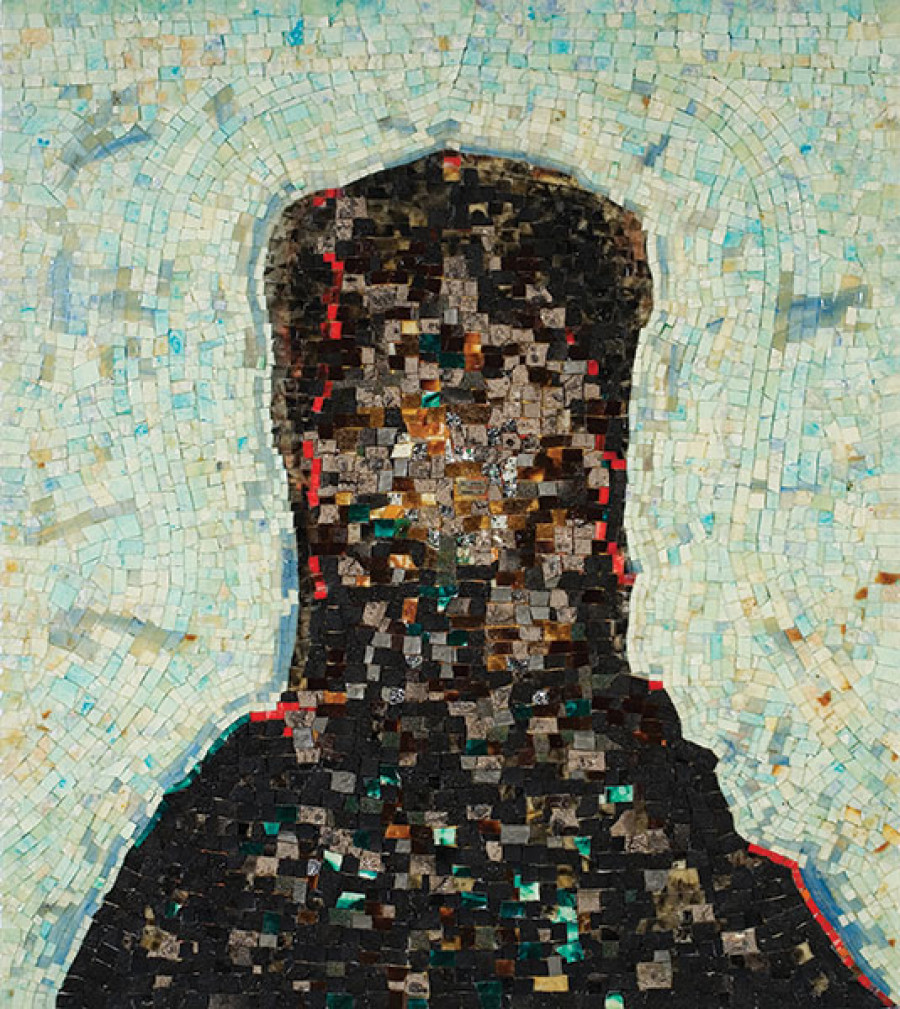Fiction Park
The Lost Generation
For this generation, to cave in was to once again succumb to a centuries old status quo—unjust and no longer conscionable
Bikash Gupta
Marsiya, tyo baltin utha ra thik thau ma rakh ta,” Saroj tells Anil—a simple demand spoken so casually and without spite. Saroj was oblivious to the history of the word Marsiya and of how tied it is to the violent subjugation of the Tarai under a Pahadi dominated Nepali sate. The term Marsiya is a pejorative spin on the innocuous Madhesi which simply refers to the diverse people of a vast region inhabited by several Hindu caste groups, Muslims and numerous indigenous peoples such as Tharus, Satars, Danuwars, and Dhangars. To the affluent Saroj sir, who rarely ventured out of Kathmandu, all of the Tarai was a confused, incongruous mass of suffering humanity—it and all its people were all the same. Anil was used to being referred to as marsiya and thought nothing of it. As far as he knew, he was treated decently and did not suffer undue abuse from this sahib who could have easily done so with no fear of social or legal repercussions.
People are resilient beings and even misery can be habituated. Anil’s life had been full of hardships, impelled by poverty and exacerbated by prejudice. Marsiya is a meaningless word, a derogatory slang born from the conceit of Pahadi supremacists— every Madhesi knows this though most just acquiesce to it. Solely focused on plying his trade, Anil was more or less deaf to the word during the day time and yet there it was, echoing in his dreams and haunting him in his sleep. Even a meaningless word when filled with malice directed not just towards you, but to your family, your home, and everything you’ve ever known becomes so hard to ignore.
Kathmandu offers a few different labels to its various immigrant populations. Hari mita from Siraha and Shailendra mita from Saptari were both called Dhotis (a pejorative jab on their way of dress). Nowadays, following drastic political changes, a cultural shift of sorts has occurred. A small fraction of Kathmandu-wasis suddenly turned progressive, at least in speech, and would even employ the prefix dai to address the people they had formerly referred to as ‘dhotis’. While addressing fellow Nepalis who may be erstwhile strangers, to give them due respect is a nominal thing. To be honest, all that amounts to is a verbal form of gentrification. Polite speech is not going to contribute to the upliftment of the people of Madhes. Without directly addressing the underlying socio-economic reality of exploitation and expropriation that has historically undermined the success of the region, any talk of progress is hollow and pointless.
I met this man, a privileged proprietor, who is a part-time lawyer and part-time professor—basically a consummate technocrat who seemed to know all about the country’s political affairs and could identify impending changes as well as understand the necessity of adapting to them. When he needed to buy fresh vegetables, he would go to a Madhesi vendor called Hari. Despite his own clear affluence, he would address the man respectfully as dai, which at first had surprised Hari.“Eh dai, roknus, yo golbheda ko daam kati ho?” the rich man would ask, holding a newspaper in one hand while trying to discern the pulpiness of the tomatoes with the other.
“20 pau ho, Sarkar,” Hari would say. Sometimes people swarmed his little stall all at once and he would try and address all of their questions as best he could and never got tired of bargaining with them. A Madhesi or an Indian vegetable vendor statistically witnesses more bargain hours than a vegetable vendor from the hills. These are well known and undeniable cultural tropes present in hill communities.
“Yo bhau le mariyayy halchu ma ta,” the often affluent customers would complain and when frustrated would even mock Hari’s weak grasp on Nepali grammar and his southern accent. He tried to ignore such aggravations, after all money was to be made but also this was his regular working condition and there was no escape from it. Even the ‘enlightened’ rich man who called him dai would sometimes mock his accent, ignoring Hari’s obvious distaste for it.
Doubling back, for Anil, things were even worse. His boss at the construction company was also a cadre of the ruling nationalist party. Following the Indian blockade, the hardships from which were borne by all Nepalis was often misrepresented in the media and only wound up increasing suspicion and distrust between the people of the two most populous regions of this country. A new wave of xenophobia followed and Madhesis working outside the Tarai suffered immensely because of this. As the protests in the plains turned more and more divisive, Anil’s boss became overtly ‘nationalistic’. A hatemongering parrot, he would constantly repeat the same phrase he had heard the chief of his party use: “No matter the sizes of the countries, their sovereignty is unquestionable and equal.” This is true but to him, preserving the sanctity of the nation meant extirpating political rights of its people and the violent suppression of marginalised groups and regions that only want to have an equal say in the destiny of the nation we share. Anyway, he would pour out his ire on the hapless Anil, a low-level clerk who suffered this wordlessly.
It was hard for Anil to believe his current circumstances. He could never have imagined that life would dismantle him piece by piece until only a memory of his former intrepid self was left. When he was young he would never have tolerated racism as he does now. In Siraha, where he went to school, he was one of the brightest and a leader amongst his peers. However, once out of school he was also out of prospects. He did not want to be a rentier farmer all his life, like his father, so he left for the Kathmandu Valley of uncertainty. “Loktantra!” (People’s Rule) they had cheered in the streets as he entered the Capital in the days following the ousting of the monarchy. These new ideas, these buildings, the fancy dresses and beautiful girls, all beguiled him—he was infatuated but it wouldn’t last. Misery would be the true companion of this Madhesi clerk who had few friends and no family to call upon—not here.
As long suppressed voices in the plains rose against the state’s systemic oppression and exploitation, Anil took note. The Madhes was fomenting, security forces were killed by protestors while Pahadis all around Nepal started to get nervous and Anil, a Madhesi living in the hills, started to fear for his own safety. By the time he returned home, grainy videos of violent protests and fatal encounters permeated social media and the killings only further infuriated both sides. However, for the people of Madhes, to cave in now was to once again succumb to a centuries old status quo—unjust and no longer conscionable. As the markets, schools, and transportation shut down, Anil and his friends, who now had nothing to do, rallied and joined a large procession that came out to march on that day. Most of those marching were from the Madhes—he had never seen his people organise in this way or even realised that there was power in this. The procession was headed by a giant red banner that kissed the road. Things were finally coming to a head and everyone there knew that this unrest would not stop until justice was met.




 27.41°C Kathmandu
27.41°C Kathmandu










